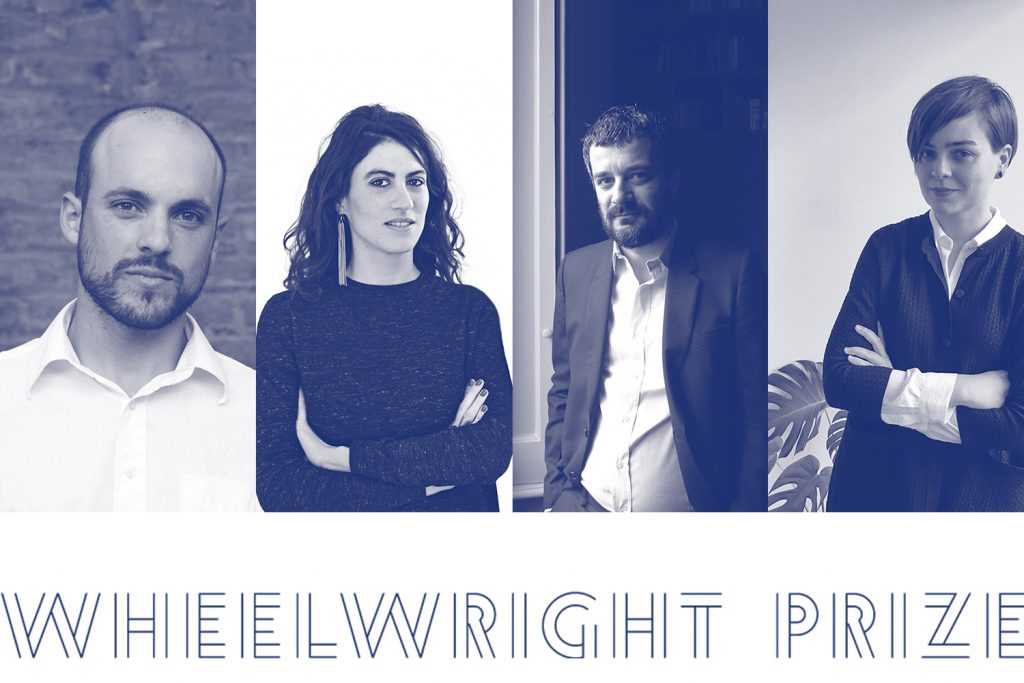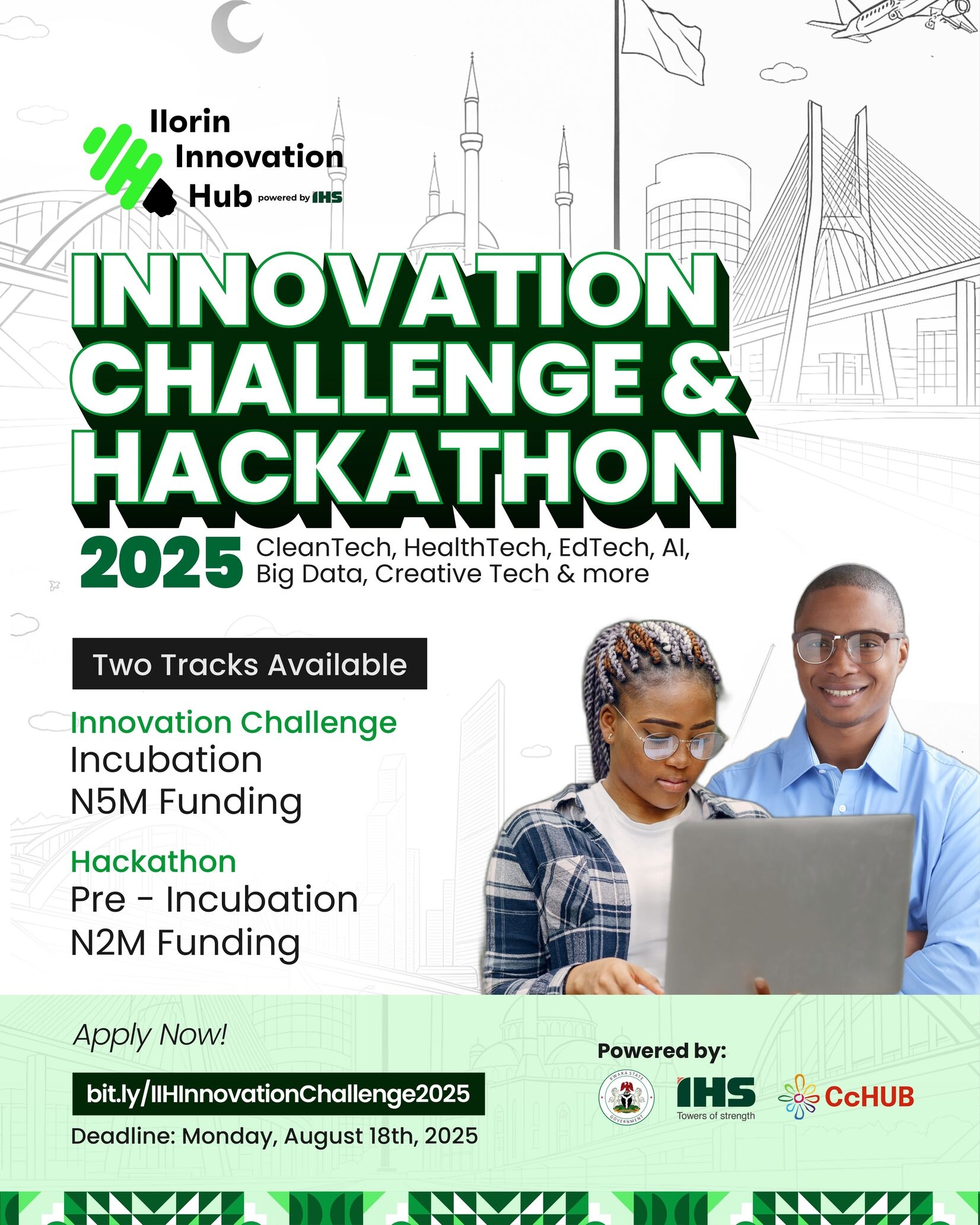
2019 Harvard Graduate School of Design Wheelwright Prize for early career Architects
Deadline: January 27, 2019.
Cambridge, MA — The Harvard Graduate School of Design (GSD) is pleased to announce the 2019 cycle of the Wheelwright Prize, an open international competition that awards 100,000 USD to a talented early-career architect to support travel-based research. The 2019 Wheelwright Prize is now accepting applications; the deadline for submissions is Sunday, January 27, 2019. This annual prize is dedicated to fostering new forms of architectural research informed by cross-cultural engagement.
ELIGIBILITY
- Applicant must have graduated from a professionally accredited architecture degree program in the past 15 years. (Graduates prior to 2003 are ineligible.) Holders of multiple degrees may apply, provided they received their professional degrees between 2003 and January 2018. Applicants need not be registered or licensed.
- Applicants may not have received the Arthur Wheelwright Traveling Fellowship previously.
- Winners of the Wheelwright Prize may not hold other fellowships concurrently.
- The Wheelwright Prize is available to individual entrants only; teams or firms will not be considered.
- Current Harvard GSD faculty, instructors, and staff are not eligible.
- Winners are expected to spend a minimum of 6 months (cumulative) outside of their countries of residence in order to conduct their proposed research.
- Proposed research itineraries must not include sites in the United States. Research and travel must commence within 12 months of receiving the Wheelwright Prize and must be completed within two years of receiving the prize.
- The Wheelwright Prize is intended for independent study and may not be applied to university tuition. However, the grant may be applied to fees for workshops and conferences.
PRIZES
The winner will be selected via an open call for proposals and a rigorous review process. The winner of the Wheelwright Prize will receive:
- $100,000 cash prize to support travel and research-related costs
- invitation to lecture at Harvard GSD
- possibility to publish research in a Harvard GSD publication
APPLICATION
- Current CV.
- Portfolio (maximum of 10 images); each uploaded file should contain a single image, not spreads of multiple images. Each image must be dated and captioned. The jury is looking for personal work that demonstrates design talent; student projects may be included. If work is collaborative and/or generated by a firm, the applicant’s contribution to the work must specifically involve conceptual development and/or design, and the applicant’s role must be precisely identified.
- The portfolio may be supplemented by published articles or research papers written by applicant. Authored works should appear in their original format, with publication name and date clearly indicated (maximum 3, each clipping to be saved as a separate PDF). If original publication is not in English, please attach an English-language summary (maximum 2,500 characters) as an addendum to each PDF. If the clipping exceeds 15 pages, please create a compact PDF (no more than 10 pages) including a cover, sample pages, and brief summary (2,500 characters) of the text.
- A written description of proposed research project (maximum 6,000 characters). Applicants should articulate the relevance of their project to contemporary practice, paying attention to the prize’s emphasis on research that holds potential impact on architectural production. The essay should describe the applicant’s experience or familiarity with his/her proposed subject, and his/her suitability to conduct the proposed research. The essay should also address the need for direct or hands-on research as opposed to archival research (i.e., justification for travel), and the benefits they anticipate for their personal and professional development. Applicants will also be asked to write a short summary (maximum 700 characters) of their proposal. This summary is a crucial text as it is the basis for the first phase of judging.
- A travel itinerary, including list of sites to visit, contacts, and other resources that support the proposed research agenda. Itineraries may include multiple destinations, in multiple countries, excluding the United States. A budget is not required.
- List of three professional references (full name, affiliation, contact information, and relationship to the applicant). Letters are not required at this time.
An international jury will select a winner based on the quality of the applicant’s portfolio, scholarly accomplishments, originality or persuasiveness of the research proposal, evidence of ability to fulfill the proposed project, and the potential for the Wheelwright Prize to impact his or her future development.



